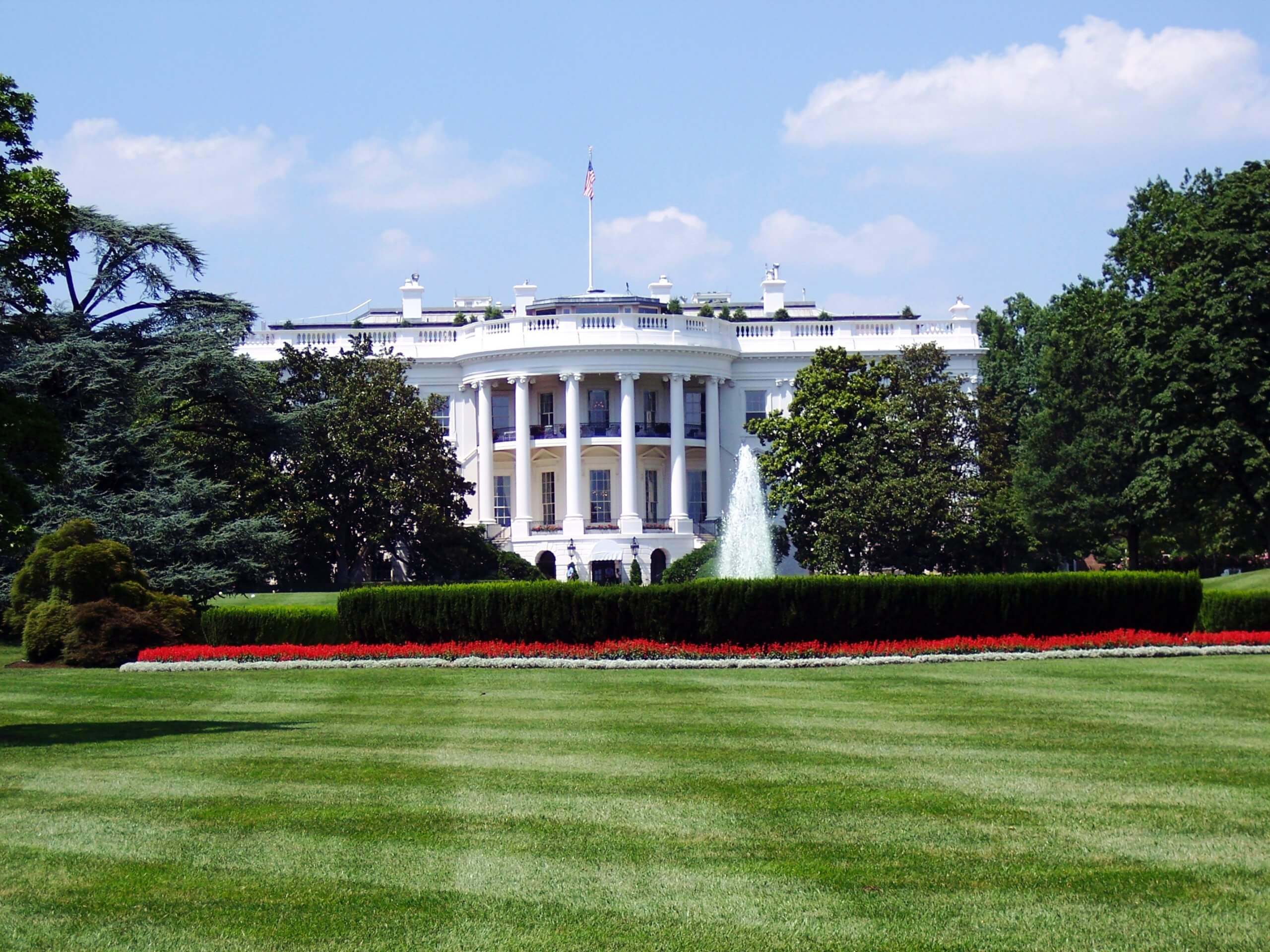If you’re a lawyer, or if you’ve ever had a lawyer, you’ve probably had a conversation something like this.
It was a conference call I had with a Texas client—let’s call him Fred—who had been dragged into a big lawsuit in another state. We had our local counsel on the line—let’s call him Frank. Frank was an accomplished litigator from the place where the client had been sued.
Frank had a way with words. He meticulously yet simply outlined the legal issues facing our client. He skillfully walked through the pros and cons of the strategy decisions we faced. In short, he laid out all the factors beautifully. I was impressed.
Our client, Fred, was a self-made businessman who had done quite well for himself. He was smart, but plain spoken. Fred’s reaction to Frank’s brilliant presentation of the issues? “Ok, so what should I do?”
That, in a nutshell, is the problem with the Mueller report.
The Mueller Report
Obviously, people have different political views of the Mueller report and the investigation that produced it. Let’s set that aside for a moment.
I’ll start with some easy things we can all agree on. The report has two volumes. I don’t think that’s controversial.
Volume I is about whether Trump and his campaign conspired or coordinated with the Russians to interfere in the 2016 presidential election.
Now we’re slightly drifting into the controversy lane, because some people would say Volume I is about “collusion.” But Volume I is careful to point out that it did not analyze “collusion,” which is not a legal term. See Vol I, p. 2 (“we applied the framework of conspiracy law, not the concept of ‘collusion’”).
Volume I stated a conclusion. The conclusion was: “the investigation did not establish that members of the Trump Campaign conspired or coordinated with the Russian government in its election interference activities.” (Vol I, p. 2) While some people might dispute this conclusion, I don’t think anyone disputes that this was the conclusion.
Volume II was about obstruction of justice. I think everyone agrees on that, although some people might think obstruction of justice should not have been investigated.
In contrast to Volume I, Volume II did not state a conclusion.
Now we’re getting controversial (sort of). Because Trump and his team have claimed that the Mueller report cleared Trump on obstruction of justice. “No collusion, no obstruction.” “Total exoneration.” “Case closed.”
But that claim is simply false. Any intelligent and honest person who has read Volume II would have to concede that.
And this shows us the impossibility of a completely “apolitical” or “neutral” discussion of the Mueller report. Even the simplest objective observation about the report directly contradicts things the President has said about it.
I’m not saying this to bash Trump. It’s just a fact.
But I promised no politics. So let’s get back to the things we can all agree on. Like why didn’t Volume II state a conclusion on obstruction of justice?
Oh crap. Controversy again. Trump’s team would say Volume II didn’t state a conclusion on obstruction of justice because there was insufficient evidence that he obstructed justice.
But again, that would be demonstrably not true. The report says the opposite: “[I]f we had confidence after a thorough investigation of the facts that the President clearly did not commit obstruction of justice, we would so state. Based on the facts and the applicable legal standards, we are unable to reach that judgment.” (Vol. II, p. 182)
So why no conclusion on obstruction? The report identifies two related reasons: (1) the OLC memo and (2) the difficulty of the question.
A Strange Asymmetry
The Office of Legal Counsel memo is an internal Justice Department policy that says you cannot indict a sitting President (there is an original 1973 memo and a 2000 update). This is a hotly contested issue of constitutional law. But the Mueller team decided they were bound to follow this policy.
And then they went a step further. The Mueller team decided that, because they could not charge the President with obstruction of justice, they could not state a conclusion that the President obstructed justice, even if that’s what the evidence established. The Conclusion of Volume II stated: “Because we determined not to make a traditional prosecutorial judgment, we did not draw ultimate conclusions about the President’s conduct.”
I think this was the most important decision the Special Counsel made, and I think it was the wrong decision.
It produced a strange asymmetry: if the evidence established that the President did not obstruct justice, the report would say so; but if the evidence established that the President did obstruct justice, the report would not say so.
And all of this because of that pesky OLC memo, right?
If only it were that simple. The Conclusion to Volume II adds this: “The evidence we obtained about the President’s actions and intent presents difficult issues that would need to be resolved if we were making a traditional prosecutorial judgment.”
Those “difficult issues” are largely questions of the President’s intent, where the report takes pains to lay out the evidence both for and against corrupt intent.
The statement about difficult issues muddies the water. Putting it all together, here’s what I think Volume II is saying:
- The evidence does not clearly establish that Trump did not obstruct justice. If it did, we would say so.
- There is evidence that Trump obstructed justice, but the evidence presents some difficult issues.
- We are not allowed to state a conclusion that Trump obstructed justice.
- Because we are not allowed to state a conclusion that Trump obstructed justice, we are not going to bother with trying to resolve the “difficult issues” presented by the evidence of obstruction of justice.
The result is a report that has the same problem as Frank’s advice, recounted earlier. It leaves the public and Congress in the same position as Fred. They are left asking “ok, so what should we do?”

What should we do? The Mueller report doesn’t tell us. It is much like a legal memo from a lawyer to a private client laying out the arguments and evidence on both sides of an issue, but not giving the client a recommendation on what to do.
But is that wrong? Was it the Special Counsel’s job to tell Congress what it should do? Is it the lawyer’s job to recommend to the client what decision to make?
In my opinion, the answer to these questions is a qualified yes.
Answer the Question
Now, don’t get me wrong. I’m not saying that the Mueller team’s decision not to state a conclusion on obstruction of justice was unreasonable. There is at least a reasonable argument that if you can’t indict the President for obstruction of justice, then you shouldn’t accuse the President of obstruction of justice. The report explains this.
And I’m not saying the Special Counsel acted in bad faith. I don’t think the Mueller team avoided answering the difficult issues because of laziness, fear of being criticized, or some other inappropriate reason.
But I do think the Special Counsel came up short. The report should have stated a conclusion, yes or no, on whether the evidence established that Trump obstructed justice.
If the answer was no, that would likely be the end of it. Sure, some Democrats would have tried to keep the issue alive, but as a practical matter the obstruction of justice charge would be dead.
If the answer was yes, the report could have stated the conclusion that the President obstructed justice. Then it could have simply added that the President could not be indicted because of the OLC memo. At that point the ball would be squarely in Congress’s court.
Either way, it would be an improvement over the current situation. As it stands, we are left to wonder what the Mueller team would have said. I expect some member of Congress will ask Mueller this question when he testifies this week, and that he will avoid giving a direct answer.
But is there any group of people anywhere in the world more qualified to answer the question than Mueller’s team? Whatever you may think of their political allegiances or motivations, these are some of the top lawyers in the country. They have spent hundreds of hours of their professional lives investigating the facts and analyzing the law.
That doesn’t mean we would all have to agree with their conclusion (and you can guarantee that, either way, a large percentage of voters would not). But wouldn’t it be nice to know what they think?
The Lawyer’s Assignment
The same is true when us “ordinary” lawyers give advice to clients. No one is in a better position to recommend to the client what to do than us.
There are, of course, exceptions. The most obvious reason not to give the client a recommendation is if the client doesn’t want one. If a client says “analyze the issues and give me all the pros and cons, but don’t tell me what you think I should do,” then sure, follow those instructions.
But that’s not the way it usually goes down.
Usually the client does not identify the scope of the assignment so precisely. Clients come to lawyers with problems. They rely on lawyers not only to answer their questions, but to make sure the questions they ask are the right ones. The scope of the assignment is usually somewhat open-ended.
Lawyers can be reluctant to give recommendations. There are several reasons for this. An obvious one, especially for the cynical, is that lawyers don’t want to get sued for malpractice. If lawyers don’t give explicit recommendations, one might think, they can’t get sued for giving the wrong recommendation.
That is surely a factor, but I think it’s a minor factor. There are more fundamental reasons lawyers like to leave it to the client to decide what to do.
First, there is the simple human fear of getting criticized for making the wrong recommendation. Legal malpractice suits are very rare, and judgment calls do not make for good malpractice claims. But being blamed for recommending a decision that does not turn out well is all too common. Hindsight is 20/20, and no one likes getting thrown under the bus.
Second, there is the simple fact that sometimes the client doesn’t really want the lawyer’s recommendation. What some people actually want are legal reasons to support the decisions they have already made in their minds. In these situations, lawyers who are good at keeping clients don’t want to recommend what to do until they figure out what the client already wants to do. You don’t want to take the risk that you recommend the opposite.
In both cases, the lawyer’s impulse to avoid giving a sincere recommendation on what to do is understandable, but not commendable.
Just as the Mueller team was in a unique position to give an opinion on the obstruction question, a lawyer is a unique position to give a client guidance on the best thing to do. Who is better qualified to give a recommendation?
Of course, there are often things the lawyer does not know. It can be hard to gauge the client’s risk tolerance. There can be unidentified factors, especially personal factors, that bear on the decision, e.g. the lawyer may not appreciate that taking that settlement offer is better than the emotional toll of two years of litigation. And it is even possible—gasp!—that there are undisclosed facts the client knows but the lawyer doesn’t.
But factors like this underscore the importance of understanding the client. You have to get to know Fred before you tell him what to do.
________________________

Zach Wolfe (zach@zachwolfelaw.com) is a Texas trial lawyer who handles non-compete and trade secret litigation at his firm Zach Wolf Law Firm (zachwolfelaw.com).
These are his opinions, not the opinions of his firm or clients, so don’t cite part of this post against him in an actual case. Every case is different, so don’t rely on this post as legal advice for your case.




Leave a Comment